
OR
SC orders not to charge arbitrary fees for certifying power of attorney for Nepali citizens residing abroad
Published On: April 8, 2024 08:00 AM NPT By: Bhasa Sharma

KATHMANDU, April 8: The Supreme Court (SC) has issued a mandamus order in the name of the government not to impose arbitrary fees for Nepali citizens residing abroad while appointing their legal representatives in Nepal.
The power of attorney grants authority to an individual to act on behalf of another person. The SC has declared the government's decision, made five years ago regarding the power of attorney in relation to Nepalis residing abroad, as unconstitutional.
A writ petition was filed at the Supreme Court stating that an embassy cannot levy fees for certifying the power of attorney. The full text of the judgment issued by a division bench of Justices Manoj Kumar Sharma and Mahesh Sharma Paudel on January 22 has been made public recently.
Advocate Deepak Raj Joshi filed the writ petition against the Office of the Prime Minister and the Council of Ministers, as well as the Ministry of Foreign Affairs. The verdict issued by SC reads, “The court mandates that only the fee stipulated by the law should be collected for certifying the power of attorney by the government authorities deputed at Nepali embassies, consulates, and permanent mission to the United Nations.” Additionally, the Directorate of Judgment Implementation has been instructed to monitor the implementation of this order.
The government had decided on July 16, 2018 that they could collect the fee while certifying the power of attorney. The decision of the government is contrary to the provisions of the constitution, according to the SC.
The SC instructed nepal’s foreign diplomatic missions not to charge fees against the amount specified by the Legislature in the National Civil Procedure (Code) Act, 2017 and the circular issued on the basis of the decision made by the Cabinet of Ministers of Nepal dated 2075/03/32 while approving the power of attorney. There have been instances that the fees have been taken contrary to the prevailing provisions of the constitution, laws and principles of justice and the order has mandated the relevant government agencies to collect only the amount specified by the law.
The writ petitioner had claimed that the embassies were arbitrarily charging the fee while certifying the power of attorney issued on behalf of someone to represent them in court cases in Nepal. He mentioned in the writ petition that the Nepali Embassies have discriminated against the Nepali citizens living abroad while collecting fees arbitrarily.
Article 153 of the National Civil Procedure (Code) Act, 2017, has provisions related to the power of attorney. It has been stated in the judgment that “when submitting for certification of the power of attorney, the photo of the person being appointed as the attorney-in-fact, along with a copy of the Nepali citizenship certificate or passport to the District Judge or Nepali Embassy or consulate."
The petitioner sought the apex court’s intervention, arguing that the amount set by the Council of Ministers deviated from the procedure outlined in the Code of Civil Procedure, and that it violated the rule of law to collect an amount contrary to the laws enacted by the legislature parliament. The writ petitioner demanded cancellation of that decision and the notices, correspondence and circulars.
"It is observed that foreign diplomatic missions have determined the procedure for certification of power of attorney in accordance with the constitutional and legal provisions, contrary to the practices specified in the National Civil Procedure (Code) Act. Such actions have not been deemed justifiable under the law," stated the SC.
The Constitution of Nepal guarantees the right to equality by saying that 'No citizen shall be discriminated against'. The writ petitioner claimed that since the diplomatic missions representing Nepal are part of Nepal itself, citizens who avail services there should not be discriminated against. No law grants Nepali diplomatic missions the right to make any rules and collect any kind of fees or charges.
You May Like This

Ansari's appointment challenged at Supreme Court
KATHMANDU, March 25: A writ petition was filed at the Supreme Court on Sunday challenging the recent appointment of Samim... Read More...

I performed my duties with professional integrity: Outgoing CJ
KATHMANDU, Jan 2: Outgoing Chief Justice Om Prakash Mishra said on Tuesday that he performed his judicial tasks during his career... Read More...

Court paves way for admissions under IOM
KATHMANDU, Oct 10: The Supreme Court on Tuesday paved the way for the admission of students to various medical science... Read More...
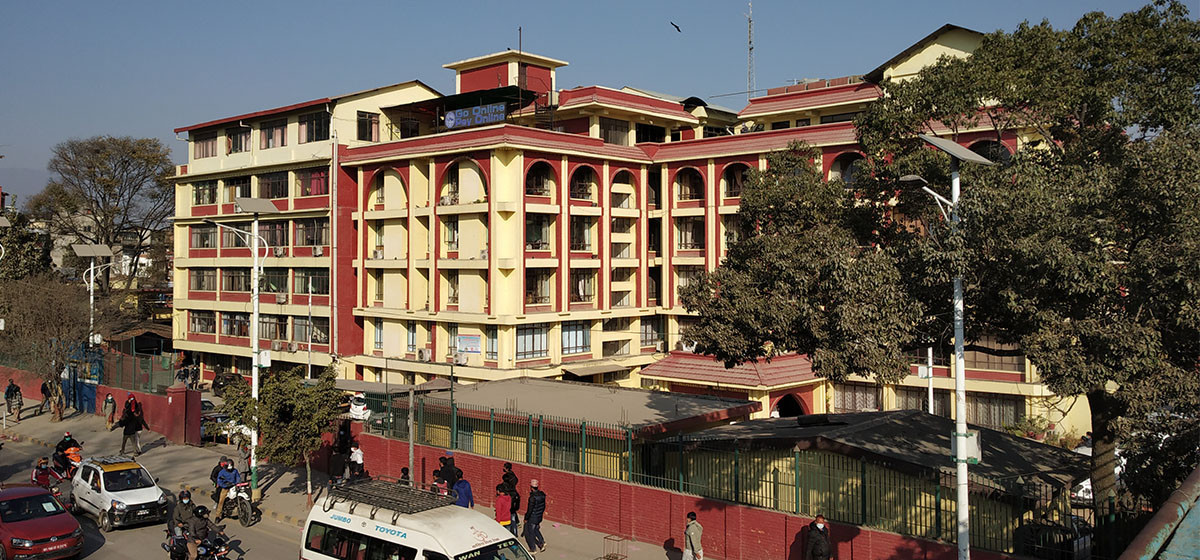


_20240516174954.JPG)

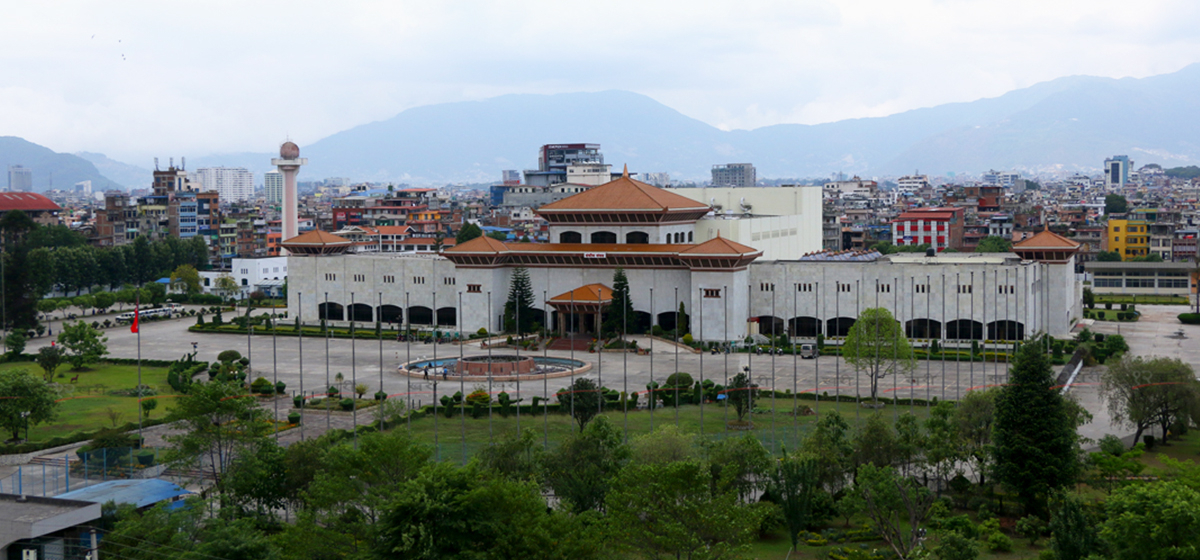
Just In
- Nepali citizens traveling abroad on various visas can obtain 'Legitimization Work Permit’ from Nepali embassy
- 2024 ICC Men’s T20 World Cup: Nepal to face the Netherlands in their first match
- World Peace Flame sent to Everest Base Camp
- NEPSE inches up 0.79 points, daily turnover rises to Rs 4.23 billion
- Slovakia PM Robert Fico in stable but serious condition after shooting, doctors say
- Dr Govinda KC breaks hunger strike
- HoR meeting postponed
- NC obstructs HoR meeting (live)





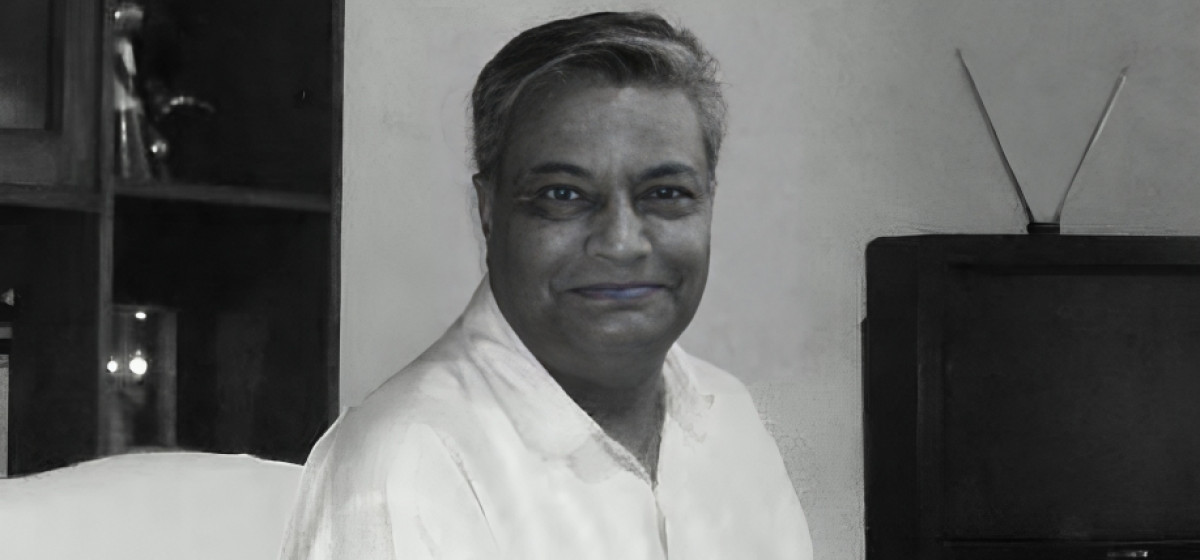

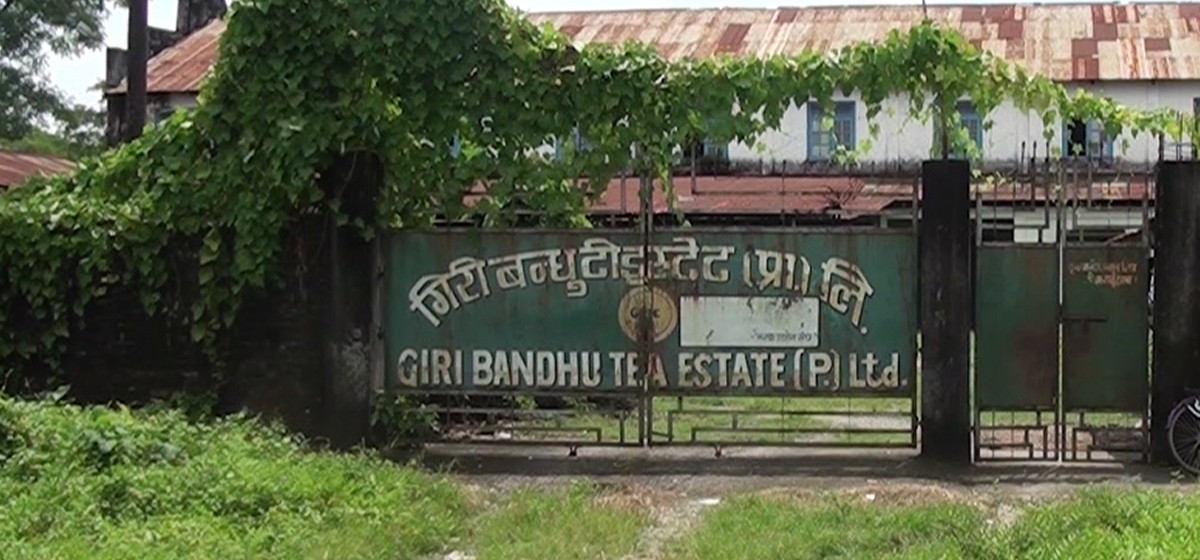
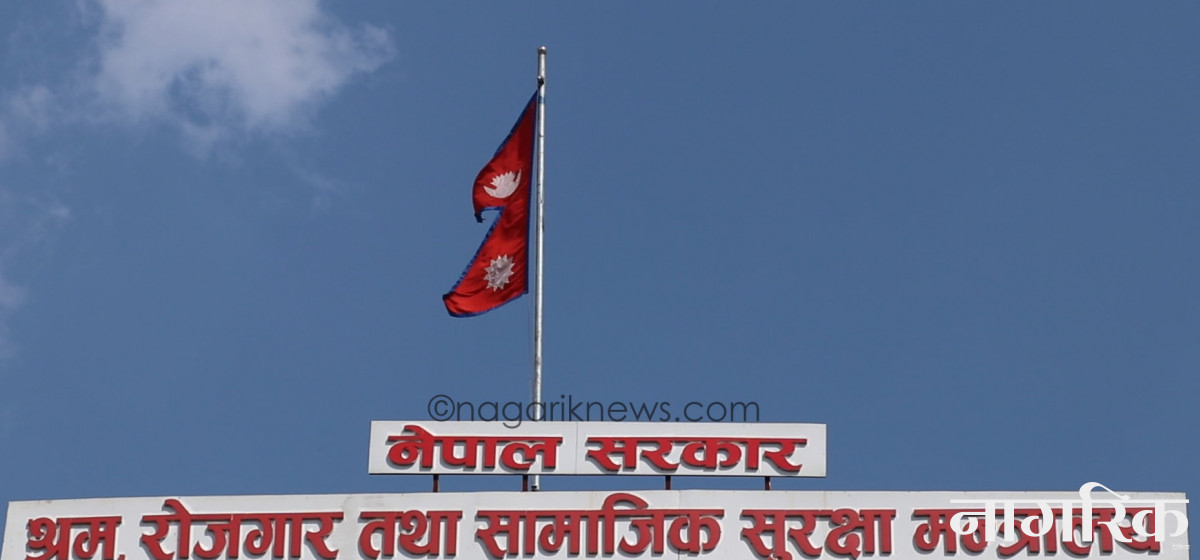



Leave A Comment